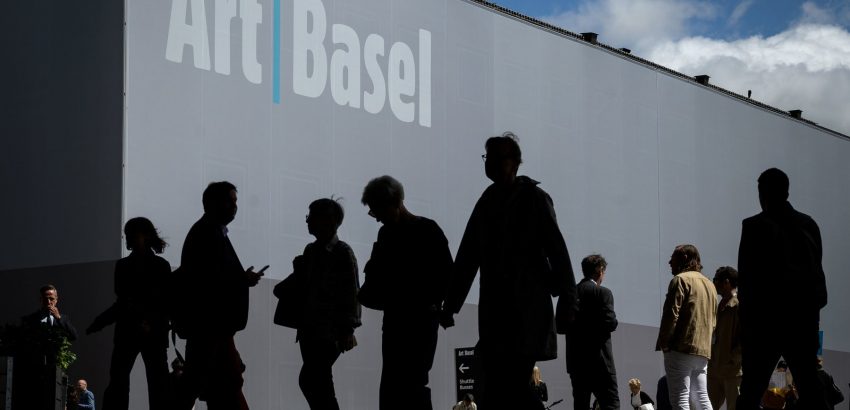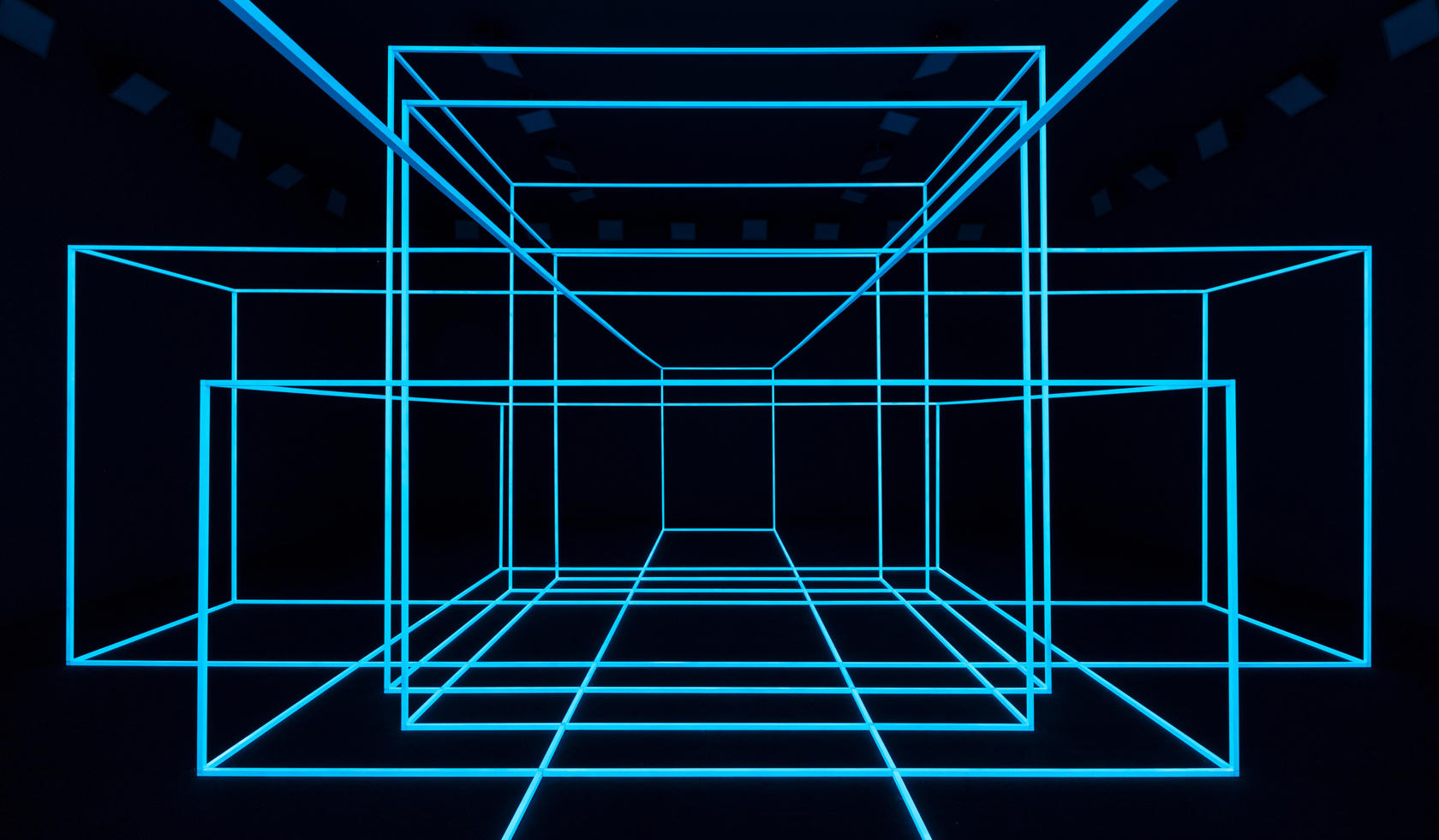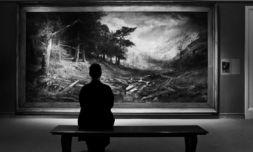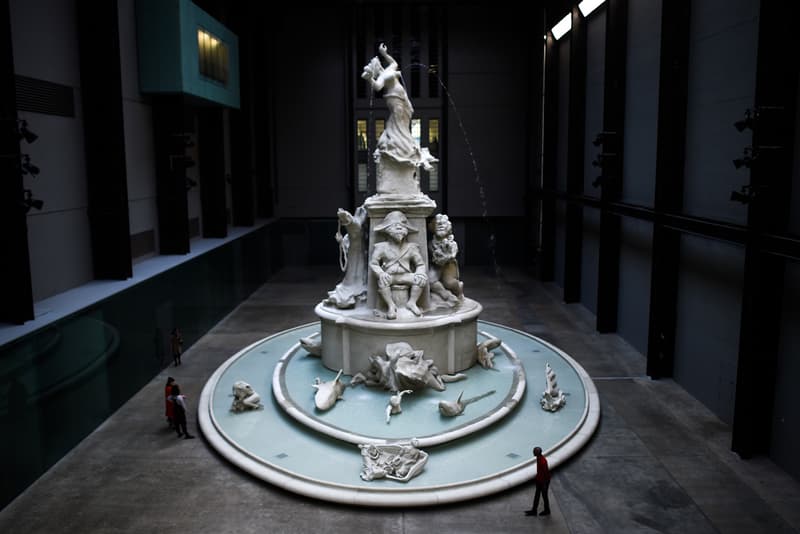In the wake of postponed events due to Covid-19, the internationally renowned art platform will display over 4,000 pieces of art in virtual viewing rooms this summer.
As industries continue to take precautionary action against the spread of Coronavirus, art fairs with international clienteles have been forced to postpone – and in some cases, cancel – their annual events. Art Basel, a leading global platform connecting galleries, collectors, and artists, is one of those impacted, encouraged by Swiss law to axe its flagship fair originally due to take place this month.
‘Art Basel regrets to announce that the 2020 edition in Basel has been cancelled,’ a spokesperson said in a press release. ‘While there are signs of hope as individual countries are coming out of lockdown, the global situation remains precarious, and, unfortunately, too many uncertainties remain to go ahead with the fair.’
Despite this setback however, the organisation remains busy arranging a brand new edition of the virtual fair it launched in March to replace the Hong Kong installment put on hold for obvious reasons. The second round of its Online Viewing Room will see a lineup of 281 galleries from 35 countries, aiming to give collectors access to the world’s premier exhibitions.

Offering a total of 4,000 high-calibre works from the ‘modern’ to ‘post-war’ and ‘contemporary’ periods, Art Basel will allow attendees of the digital expose to traverse its wide range of curated rooms decorated with paintings, sculptures, drawings, and photography. Serving as a much-needed dose of art and culture in place of its annual fair, patrons can peruse the curated collection from the comfort of their own homes.
‘While nothing can replace the experience of seeing art in person, we hope that this initiative can bring some support and visibility to all the galleries and their artists affected by the cancellation of our shows,’ says director Marc Spiegler. ‘We are delighted to be able to premiere this new initiative that strives to provide a strong support to all galleries affected by the pandemic.’
What’s interesting is that, unlike the music industry and other retail sectors, the centuries-old art market has been somewhat slow to adapt to the digital era. Art Basel’s foray into virtual reality will undoubtedly open up the floor for a new kind of art experience, one that appeals especially to young collectors. Additionally, with online channels currently the only way for collectors to buy amidst virus-related restrictions, online alternatives are fast-becoming the only way to stay in business.
‘As the art market continues to evolve, Art Basel has continually investigated how new technologies can give us new opportunities to support our galleries,’ says Spiegler. ‘This marks the beginning of a further possibility for engaging with our global audiences, complementing the essential personal interactions that continue to underlie the art market.’




















